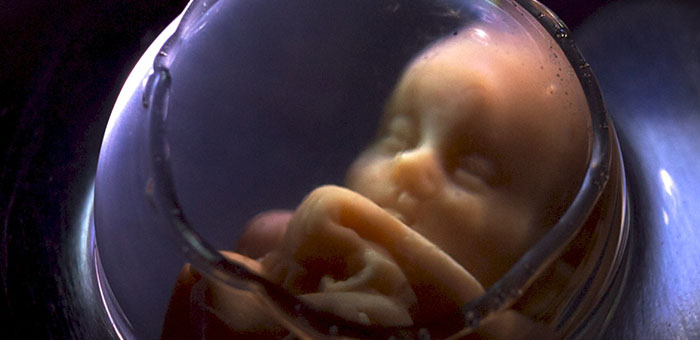By Tristan Green
Cura personalis, rooted in St. Ignatius’ teachings, focuses on caring for the whole person—physically, emotionally, socially, and spiritually. How can we practically apply this concept to support single mothers and their children? In this essay, we will explore cura personalis and its application to assist single mothers and their offspring.
Single mothers face unique physical challenges during pregnancy and while caring for their children. To embody cura personalis, we must provide comprehensive care. This includes ensuring their access to healthcare services, regardless of their financial situation. Offering low-cost or free medical checkups and prenatal care can significantly impact their health and their children’s well-being. Organizing workshops on nutrition and healthy living can empower these mothers to make informed decisions about their health.
Emotional support is vital for single mothers who often grapple with the emotional challenges of their circumstances. They may experience sadness, stress, or anxiety. In line with cura personalis, it is crucial to create safe spaces for single mothers to express their emotions. This may involve individual or group therapy sessions, allowing them to discuss their experiences and feelings. Establishing this support system can help them manage the pressures they face, cope with stress, and build emotional resilience.
Single mothers often experience isolation and a lack of social support. Cura personalis encourages us to help them build a social network. This can be achieved by establishing a community of single mothers who can connect, share their experiences, and provide mutual support. Regular meetings, playdates, and social events can help these mothers form friendships with others who understand their challenges. Organizing workshops on job skills, resume building, and career development can empower them to achieve financial self-sufficiency, reducing their social vulnerability.
Cura personalis places a strong emphasis on nurturing the soul, recognizing that single mothers may find solace in their spiritual beliefs. To put this into action, we should encourage them to explore their spirituality and provide opportunities for them to connect with their faith. This might involve organizing retreats or simply offering a space for reflection and prayer. Additionally, connecting single mothers with faith-based communities or organizations that offer emotional and spiritual support can help them reinforce their self-worth.
Empowerment is key to supporting single mothers and helping them understand their intrinsic value. This means providing opportunities for them to achieve independence and self-sufficiency. Scholarships, vocational training programs, and mentorship initiatives can open doors to new career paths and personal growth. By nurturing their self-esteem and self-worth, we enable them to recognize their inherent value as individuals and as mothers.
In conclusion, cura personalis, the concept of caring for the whole person, offers a powerful approach to support single mothers and their children. By addressing their physical, emotional, social, and spiritual needs and empowering them to become self-sufficient, we demonstrate our commitment to their well-being and self-worth. It is our duty to help them realize their true value, both as individuals and as mothers. When we do this, we contribute to a more compassionate and equitable society where every person is acknowledged and cared for holistically. Cura personalis is not a mere concept; it is a call to action, and it begins with us, making a meaningful difference in the lives of single mothers and their children.
Tristan Green won third place in the high school category of the Culture of Life Studies Program’s 2023 Pro-Life Essay Contest.
